How does Marriott, Hilton, and Hyatt make money from hotels when they don't own them?

The Wall Street Journal has released an easy-to-understand explanatory movie explaining how famous hotel brands such as Marriott, Hilton, and Hyatt make profits without owning or operating hotels.
Marriott Hotels has more than tripled in size since the 2000s.

The catalyst for this growth was Marriott Hotels' decision to withdraw from the real estate business and adopt a strategy to commercialize its brand name.

Hilton and Hyatt have adopted similar strategies and are growing similarly.

In this business model, each hotel brand does not operate the hotels or pay for their construction. 'Independent owners and operators like us own the hotels and hire the staff. Many people think we're Marriott employees, but we're not,' one hotel manager said.

These owners buy the property with their own money, hire the staff, and run the hotel day-to-day, and then pay the hotel chains to use the major hotel signs, known in the industry as 'FLAGS.'

Marriott and Hilton own less than 1% of the properties, and Hyatt only about 2%, but this strategic shift has opened up new revenue streams for the big hotel brands in the form of franchise fees.
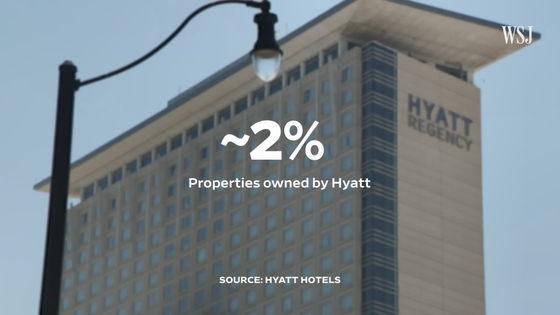
Franchise fees can be as much as 5-15% of the revenue a hotel generates, so hotel brands must prove that their brand is worthy of being associated with them.
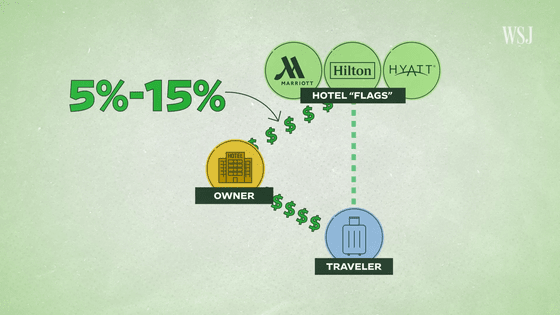
Brands provide data on lobby design and amenities, as well as the ability to set optimal prices for each room. For example, nearby hotels will see a jump in rates when a big-name artist is performing nearby.
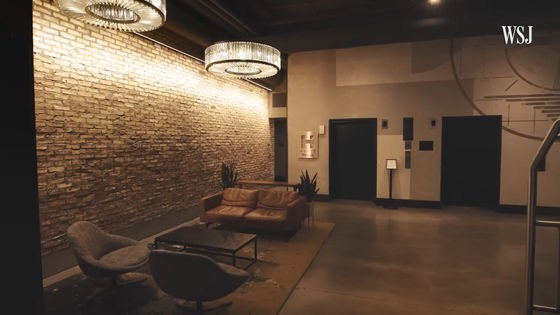
'For example, if we only sell rooms on Tuesdays, they will be vacant on Wednesday and we will lose money, so in some cases we sell the rooms on Tuesday at a very high price. What we actually want is guests to stay from Monday to Wednesday or Tuesday to Thursday,' said a hotel owner.

By dynamically adjusting the price in this way, they can make up for less profitable days. The owner also explained that occupancy rates are extremely low on Sundays, as there is almost no business or leisure travel on those days, so they offer rooms for next to nothing on those days.
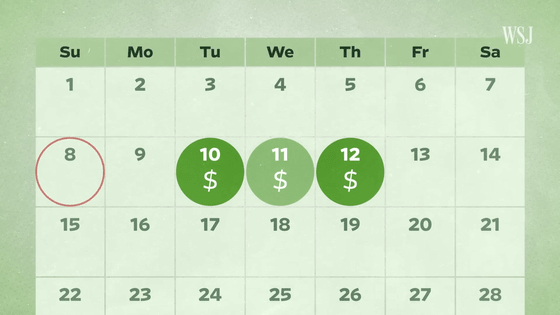
Another attraction of the brands is that they can reduce the fees charged by booking platforms such as Expedia and Booking.com, and can use the brand's loyalty programs. Marriott and Hilton have more than 180 million users each, and Hyatt has more than 40 million, and these users choose hotels based on points.
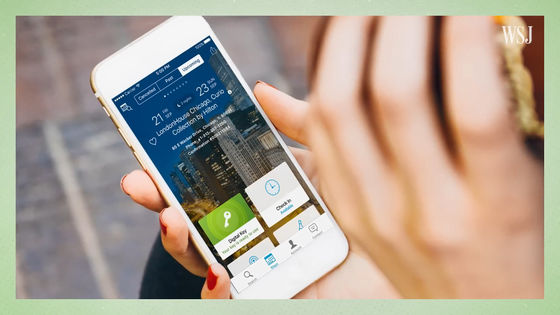
Two-thirds of hotels in the U.S. are branded in this way, but the franchise model isn't always advantageous, especially in markets with high leisure demand, where independent management can be more advantageous.
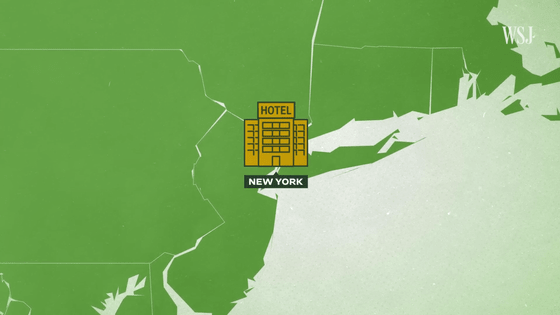
Franchises are primarily aimed at lower-ranked hotels.
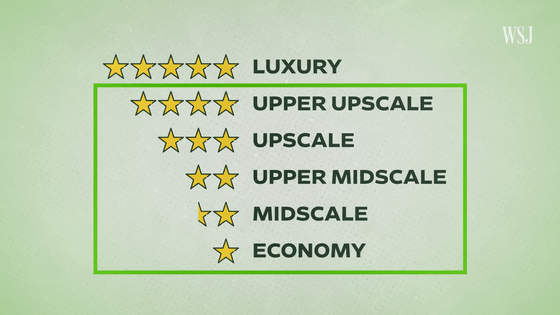
In some cases, the brand itself operates the hotels, which are usually top-tier properties.
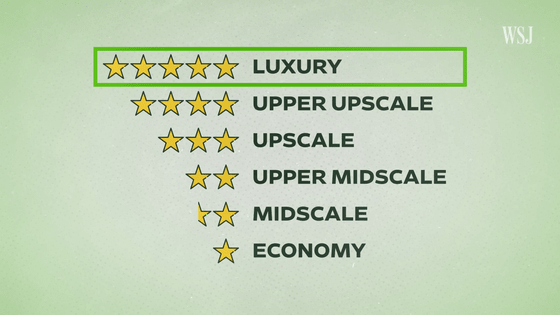
Many hotels offer limited services based on customer needs, such as 'I want great rooms and simple breakfast service, but I don't need a banquet hall, a specialty restaurant, or a spa.' However, the highest-class hotels require all services, which makes operation more complex. This is why the highest-class hotels are often managed by the brands themselves.
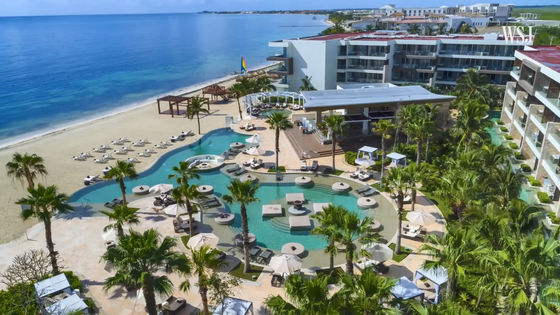
Sometimes, hotel brands choose to operate hotels directly to test new ideas and designs. Other times, they buy properties with the intention of selling them as hotels, then completely renovate them to increase their value before selling them.

The Wall Street Journal said, 'The number of franchised hotels is expected to grow even more in the future.'
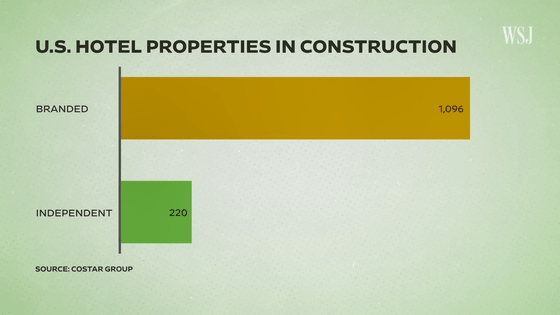
Related Posts:
in Video, Posted by log1l_ks







